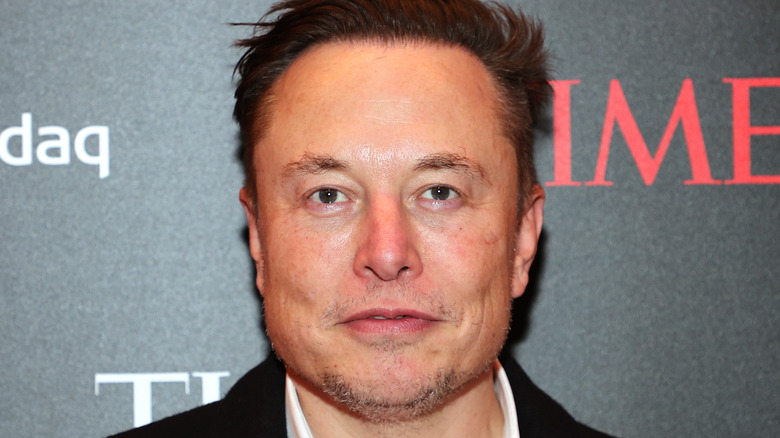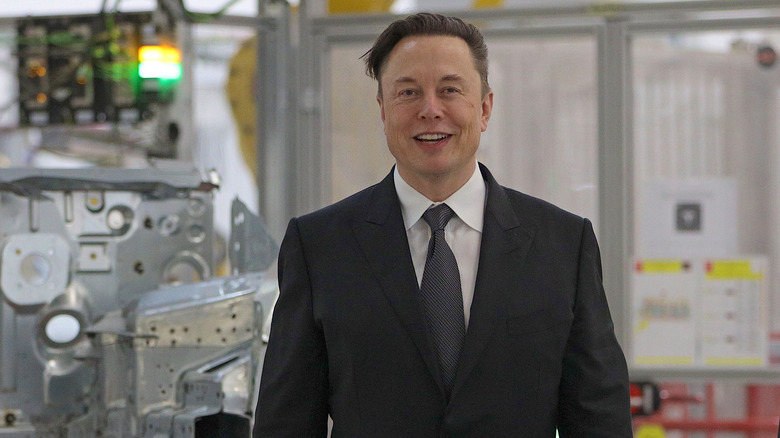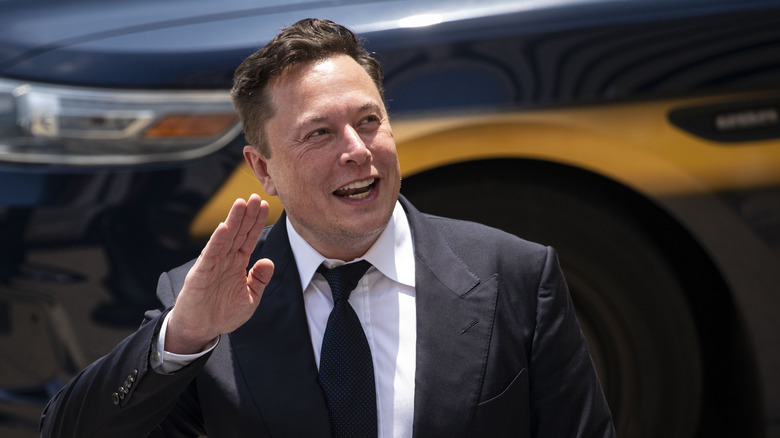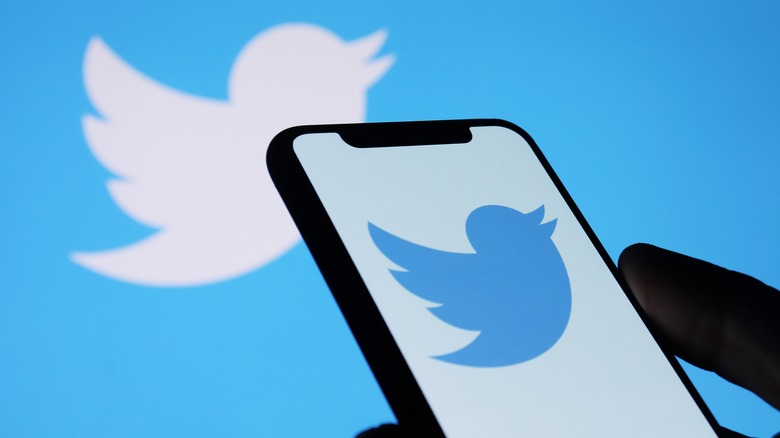Elon Musk's Twitter Purchase Has Everyone's Attention
Elon Musk is now the biggest shareholder in Twitter, thanks to a recent stock purchase that raises his stake in the social media company to 9.2% at the time of disclosure. As per a Schedule 13G declaration filed before the U.S. Securities and Exchange Commission, Musk now owns 73,486,938 shares of Twitter. As per Bloomberg's data, Musk's stake in Twitter is valued at $2.89 billion at the time of market closing on Friday last week. Interestingly, Musk's Twitter stake is now more than four times that of Twitter's co-founder and former CEO, Jack Dorsey, who currently owns a 2.25% stake in the company. Musk, the richest man on the planet, often sends share markets in a tizzy with his moves and his stake in Twitter is having similar effects.
CNBC reports that Twitter's stock price rose by 20% in pre-market trading once the news broke out. So far, Musk hasn't tweeted anything about becoming the largest stakeholder on Twitter, a platform where he commands over 80 million followers and often makes news with tweets covering everything from key Tesla and SpaceX announcements to sharing memes and musing about the blockchain-crypto world.
Musk has been dreaming of his own social media platform
The question is: what will Elon Musk do next, now that he holds a high level of stakeholder control over Twitter? Wedbush analyst Dan Ives told CNBC that Musk's move would eventually lead to "some sort of buyout." But given his volatile persona and his love-hate relationship with Twitter, it remains to be seen whether his newly larger stake in Twitter revives the company's fortunes, or if he elbows his way into making decisions. Musk recently bashed Twitter for serving as the "de facto public town square" but failing to abide by the principles of free speech that are vital to democracy. The SpaceX chief also conducted a poll and asked millions of his followers if they think Twitter adheres to free speech rules, and a staggering 70.4% said they do not believe it does.
Musk followed that up with another tweet, mentioning that he was serious about the thought of creating a social media platform based on an open-source algorithm, on that would prioritize free speech above all and will keep propaganda content to a minimum. But Musk's ambitions of creating a free-speech-friendly social media platform are akin to a double-edged sword. The likes of Twitter and Meta know very well how freedom of speech can be twisted to disseminate conspiracy theories such as anti-vaccine agendas, targeted harassment, and political propaganda.
Is it better build on old foundations?
Building a social media platform is no easy task, evident by the likes of Rumble, Getter, and Friendster falling by the wayside over the years. Even Apple and Google have failed to crack the code. The closest example of what Musk wants to achieve with the free speech-loving social media platform of his dreams would be Truth Social. Championed by former President Donald Trump, Truth social promised an open and free conversation without any political bias, but the journey has been far from smooth. The platform is yet to resolve its waitlist issues, which means it is still not accessible to all. The app currently has a user base of about 1.2 million, but the rate of sign-ups has fallen sharply by 93%. A column published in The Washington Post earlier this month unearthed a sea of conspiracy posts, propaganda content, and a ton of usability issues. Citing internal documents, The Daily Beast reported that low engagement is a huge problem for the app.
A BBC report dubbed Truth Social a disaster and, according to Reuters, Josh Adams and Billy Boozer — heading the technology and product development departments at Truth Social — have left. The takeaway here seems to be that, rather than building his own social media platform and all the risks that come with it, Musk can simply take a significantly less controversial platform with millions of daily active users and try to mold it the way he wants it to act, given the stake he now holds.
Twitter may be Elon Musk's best way forward
Twitter is nowhere near Instagram or Facebook in terms of capital or user count, but it still serves as the platform where many of the world's most influential individuals and organizations announce big moves — Elon Musk happens to be one of them. But despite his incredible sway, Musk will have a hard time convincing Twitter's existing user base to follow his lead on another platform that is all about freedom of speech. Twitter may enforce its content policy from time to time, but it is still very much a wild west of opinions. Musk knows that all too well, given his own tweets.; many will recall the Tesla CEO once branded a rescue diver "pedo guy" and came out unscathed without any platform-enforced restrictions.
Interestingly, Musk's own tweets are monitored by a lawyer before he posts them, but he's trying to slip his way out of that deal struck with the SEC. It appears that the closest Musk can get to creating a social media platform that is all about freedom of speech is to be in a position where he can influence policymaking and product development at Twitter, and his growing stake may be a sign that he aims to do just that.



